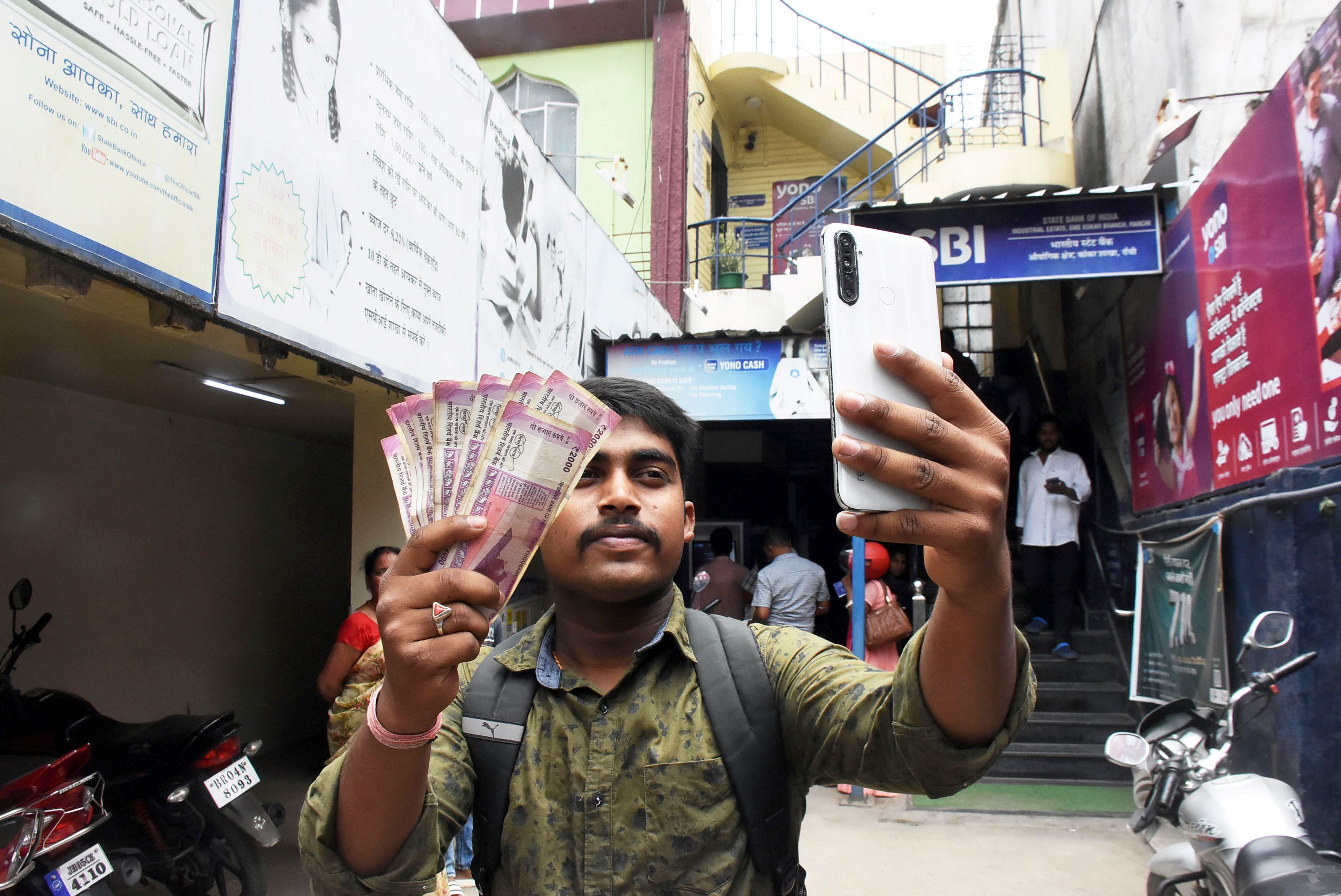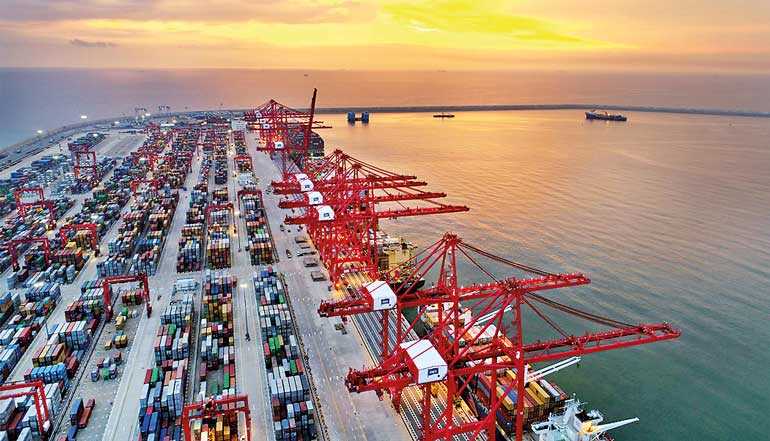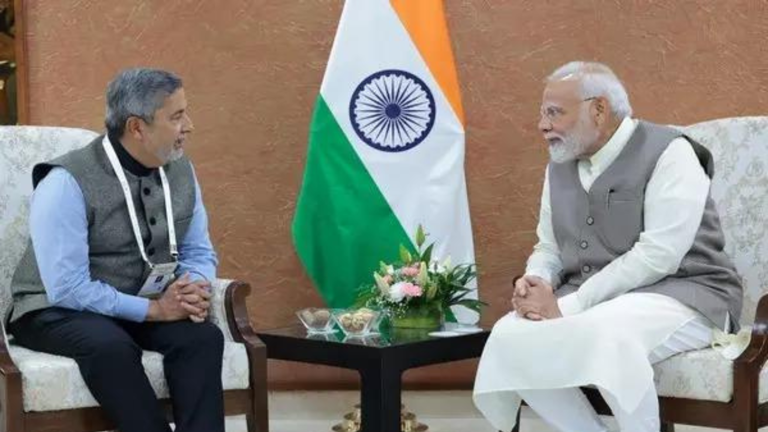In digital payments, India has been witnessing new milestones, in both value and volume terms, which indicate the robustness of our payment ecosystem and acceptance
Our Bureau
New Delhi
In a sudden move last week, the Reserve Bank of India (RBI) decided to withdraw the Rs 2000 denomination currency notes from circulation, but added they will continue to remain as legal tender. RBI had advised banks to stop issuing Rs 2000 denomination banknotes with immediate effect.
But noting that there is no reason for worry over the move to withdraw Rs 2000 notes, which continue as legal tender, Reserve Bank of India Governor Shaktikanta Das has said the central bank has “more than adequate” notes of other denominations available.
There has been some speculation that the decision to withdraw Rs 2000 note may put a strain on the overall money supply. “Let me assure you, we have more than an adequate quantity of notes available, already printed. We have more than an adequate quantity of printed notes already available in the system – not just with the RBI but also at the currency chests which are operated by the banks. So, there is adequate stock available and there is no reason to worry,” Das told reporters here.
Speaking about the September 30 deadline exchange of Rs 2000 notes, he said a date was decided so that people take the process seriously and it does not become endless. “…Time is given up to September 30 (for exchange of notes) so that it is taken seriously, otherwise, if you leave it open-ended, it becomes a kind of an endless process,” Das said in the interaction with the media.
Currency notes of Rs 2000 denomination were primarily issued for the purpose of quickly replenishing the value of money which was being taken out from the system when the legal tender status of then-prevailing Rs 1000 and Rs 500 notes was withdrawn during demonetization.
“That purpose has been fulfilled. Today there are enough notes in circulation of other denominations,” he said.
The withdrawal of Rs 2,000 banknotes is likely to be a non-event as India has adopted digital payments on a mass scale, said SBI Research in its latest Ecowrap. In digital payments, India has been witnessing new milestones, in both value and volume terms, which indicate the robustness of our payment ecosystem and acceptance. “Our research suggests that Rural and Semi-Urban areas are now accounting for 60 per cent of share in UPI value/volume, dismantling the popular perception that metro/urban areas are hotbeds of digital payment adoption and innovations,” the Ecowrap report authored by Soumya Kanti Ghosh, Group Chief Economic Adviser, said.
The report said the Rs 500 note has become the major bank note among the masses and constituted 73.3 per cent of the total value of currency notes as of March.
According to SBI Research, the central bank RBI has ensured that the share of the high-value Rs 2000 note moved down gradually, thus paving the way for the removal from circulation altogether. The total value of these banknotes in circulation has declined from Rs 6.73 lakh crore at its peak in March 31, 2018 (37.3 per cent of Notes in Circulation) to Rs 3.62 lakh crore constituting only 10.8 per cent of Notes in Circulation on March 31, 2023, RBI said. About 89 per cent of the Rs 2000 denomination banknotes were issued prior to March 2017 and are at the end of their estimated life span of four-five years.
There will be no impact of RBI’s decision to withdraw Rs 2000 currency notes from circulation on businesses and transactions in the pharma industry, said Siddharth Mittal, MD and CEO of Biocon and noted that there has been no panic reaction among people.
Mittal told ANI in an interview that a large portion of retail sales in pharmacies happen through digital modes. “As an industry, quite honestly, I particularly don’t feel there would be any impact on businesses and transactions, including retails. A large portion of retail sales through pharmacies happens through digital modes (using UPI). Drug industry that way is insulated from financial pressures. Anyway, RBI also said the Rs 2000 will continue to be legal tender,” he said. “I have not seen any panic-like situation so far and hence I feel it will not impact our industry,” he added.

























